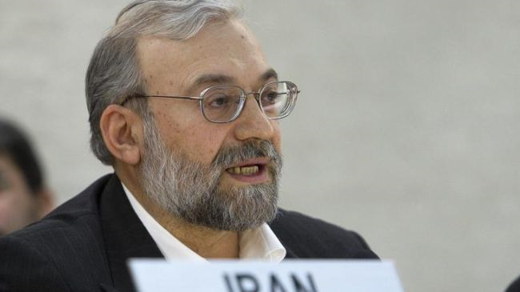Iran is making a big stride in reducing the number of death penalties being meted out in the country for drug offences, a top Iranian human rights authority says.
The number of drug-related death penalties could be reduced by 80 percent if the current laws change, said in an interview with France 24. He also stressed the move has nothing to do with the West’s criticism of the number of executions in Iran.
“….if the law passes the parliament, almost 80% of the executions will go away. This is big news for us, regardless of the Western criticism,” Larijani, who serves as the secretary of Iran’s Human Rights Council, said in the interview.
Larijani’s comments came as Iran’s Judiciary Chief Ayatollah Sadegh Amoli Larijani said earlier in December that Iran’s drug and trafficking laws were not effective and need to be modified.
Sharing a relatively long border with Afghanistan, Iran is one of the major corridors of drug trafficking in the region. Thousands of traffickers, most of them armed, are arrested annually by Iranian police and border guards. Based on Islamic and national laws, those involved in large-scale transfer and trafficking of drugs are sentenced to death by Iranian courts.
Elsewhere in his remarks, Larijani denied US reports that Iran had carried out airstrikes against the ISIL terrorists in Iraq.
“We do not endorse these claims by the Pentagon. However, this (Iraq’s) human crisis is the result of wrong policies adopted by the US and some of its European allies,” he said.
The human rights chief also elaborated on the situation of the American journalist Jason Rezaian, who has been jailed in Iran on security charges. He expressed hope that his case will be presented to court “as soon as possible.”
